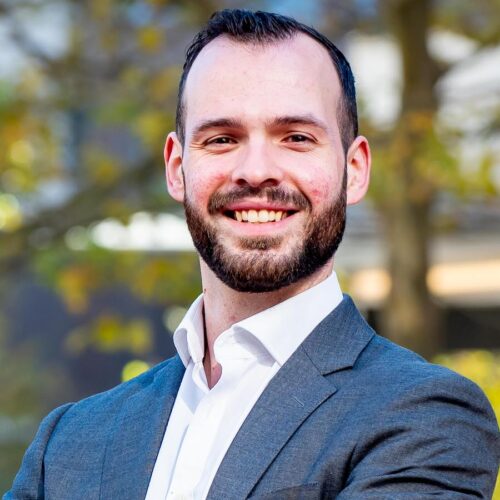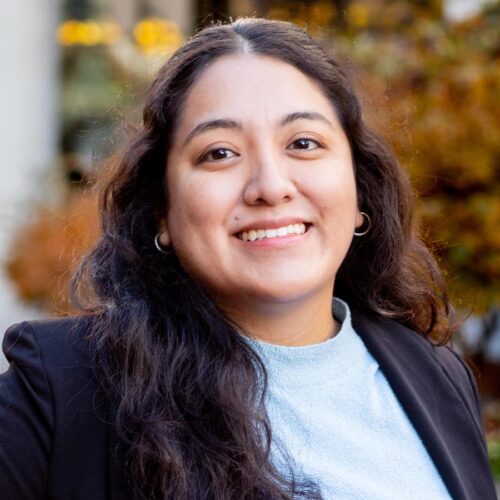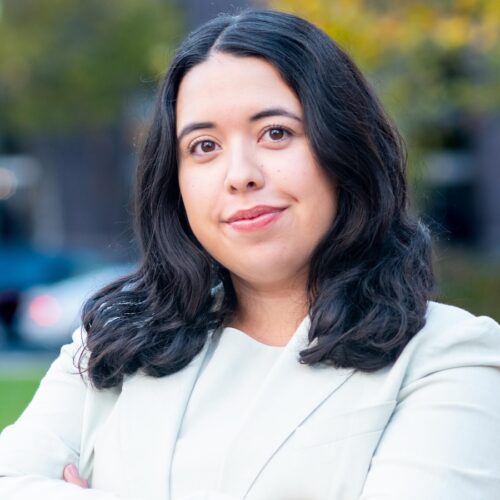
Margaret Kwoka
Host: Public Citizen Litigation Group
Sponsor: The Sher Family Foundation
Ben investigated and published information about automated decision-making systems used in high-risk government services throughout the criminal justice cycle. Ben educated the public, advocates, and legislators working to address and combat the inherent biases in both the underlying data and algorithms used in the criminal cycle.
The increasing reliance on data and algorithms to make decisions about the length and severity of punishment among other important determinations is an underappreciated trend in the criminal justice system today. One example is the algorithm used to determine recidivism risk and to set bail, commonly referred to as a “risk assessment,” which has been shown to have disparate impacts on people of color. Other algorithms are used to determine eligibility for government benefits and more. Yet despite the increasingly significant role that these algorithms play in our justice system, they operate largely in a black box. Bringing them to light and instituting proper accountability and testing procedures will be essential to control the disparate impact these systems are having on underrepresented and over-incarcerated communities.
During the two-year Fellowship, Ben has:
Ben will transition to a Counsel role at EPIC, where he will do similar work leading AI and Human Rights work both inside and out of the Criminal context.
AI legislation must address bias in algorithmic decision-making systems
In California, voters must choose between cash bail and algorithms
An Algorithm That Grants Freedom, or Takes It Away
Algorithms Were Supposed to Fix the Bail System. They Haven't
Going back to work or school? An algorithm may warn you to keep your distance from others
Technology Adoption Around the Criminal Justice System is a Tightrope
The capabilities that algorithms have to improve impartiality and efficiency within the courts and policing are vast and exciting—but can’t come at the cost of equality, transparency, and understanding in order to mitigate the perpetuation of inequitable incarceration.
Ben Winters /
Equal Justice Works Fellow
Host: Public Citizen Litigation Group
Sponsor: The Sher Family Foundation
Host: Electronic Privacy Information Center (EPIC)
Sponsor: The Henry Geller Memorial Fellowship
Current Fellow
Host: Beacon Law
Sponsor: Texas Access to Justice Foundation
Current Fellow
Host: Equip for Equality
Sponsor: Aon, Kirkland & Ellis LLP
Current Fellow



